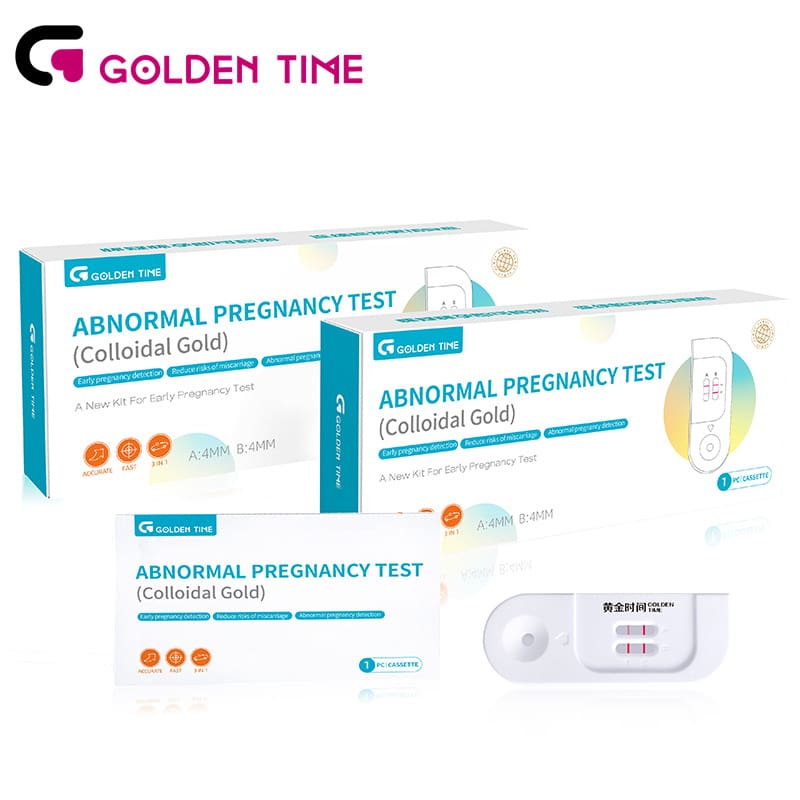Nov . 05, 2024 01:58 Back to list
best at home h pylori test
Understanding the Best at-Home H. Pylori Test A Comprehensive Guide
Helicobacter pylori (H. pylori) is a type of bacteria residing in the stomach that influences gastrointestinal health significantly. Discovered in 1982, this tiny organism has been linked to various digestive disorders, including gastritis, peptic ulcers, and even stomach cancer. As awareness grows, many individuals seek reliable at-home testing options to assess their H. pylori status. This article explores the best at-home H. pylori tests available today, providing insights into their effectiveness, usage, and benefits.
The Importance of Testing for H. Pylori
H. pylori infection is common, affecting nearly half of the global population. However, most infected individuals may not exhibit symptoms, which can lead to delayed diagnosis and treatment. Symptoms of H. pylori infection can include persistent stomach pain, bloating, nausea, and changes in appetite. Testing for H. pylori can help identify whether these symptoms are linked to the bacteria, facilitating prompt and effective treatment.
Types of At-Home H. Pylori Tests
At-home testing for H. pylori typically involves one of three methods breath tests, stool tests, and blood tests. Each method has its advantages, and understanding them can help individuals choose the best option for their needs.
1. Breath Tests The urea breath test is a highly effective and non-invasive method for detecting H. pylori. In this test, patients swallow a substance containing urea, which H. pylori breaks down into ammonia and carbon dioxide. The released carbon dioxide is then measured in the breath. At-home kits for urea breath tests are available, allowing users to collect breath samples conveniently.
2. Stool Tests At-home stool antigen tests are designed to detect specific proteins related to H. pylori in a stool sample. These tests are simple and straightforward, often requiring only a small sample. Results are typically available within a short timeframe, making them an attractive option for those seeking quick answers.
3. Blood Tests While blood tests for H. pylori antibodies can be done at home, they are less commonly offered due to the need for specialized equipment to analyze results. Blood tests measure the presence of antibodies produced in response to H. pylori infection. However, they may not indicate a current infection, as antibodies can persist long after the bacteria are gone.
Choosing the Best At-Home Test
best at home h pylori test

When considering an at-home H. pylori test, there are several factors to keep in mind
- Accuracy and Reliability Look for tests that have been validated through clinical studies. Reviews and recommendations from healthcare professionals can also guide your decision.
- Ease of Use A user-friendly kit with clear instructions can enhance the testing experience. Some kits provide pre-paid shipping for sample return, making the process seamless.
- Result Turnaround Time Depending on your urgency, consider how quickly you need results. Some tests provide same-day results, while others may take longer.
- Cost Prices can vary widely among different kits. Assess your budget while also considering the test’s accuracy and reliability. It’s essential not to compromise on quality for a lower cost.
Next Steps After Testing
Upon receiving your test results, it's crucial to understand what they mean. If your test indicates an H. pylori infection, consult with a healthcare provider for further evaluation and treatment options. Common treatment strategies typically involve a combination of antibiotics and acid-reducing medications, aiming to eradicate the bacteria and heal any resultant damage to the stomach lining.
If the test results are negative but you still experience gastrointestinal symptoms, further evaluation may be necessary, as other underlying conditions could be at play.
Conclusion
The availability of at-home H. pylori tests empowers individuals to take charge of their gastrointestinal health. With various options such as breath, stool, and blood tests, it has become easier to identify potential infections without the need for a clinic visit. However, understanding the limitations and ensuring follow-up care with a healthcare professional are crucial steps in managing H. pylori and maintaining overall digestive wellbeing. Taking proactive measures today can lead to healthier tomorrows.
-
Reliable Early Pregnancy Test Kit Supplier - Multi Plastic Cassette Options
NewsJul.30,2025
-
Transferrin Rapid Test Cassette – Reliable Tumor Marker Detection
NewsJul.29,2025
-
Accurate Follicle Stimulating Hormone Test Kit | Rapid Reliable Results
NewsJul.29,2025
-
High Accuracy LH Ovulation Test Kit - Digital Results & Wholesale Options
NewsJul.29,2025
-
HbsAg Blood Rapid Test Kit for Fast & Accurate Hepatitis B Detection
NewsJul.28,2025
-
Sterile Urine Cup for Safe & Easy Collection | High-Quality Specimen Cups
NewsJul.28,2025

